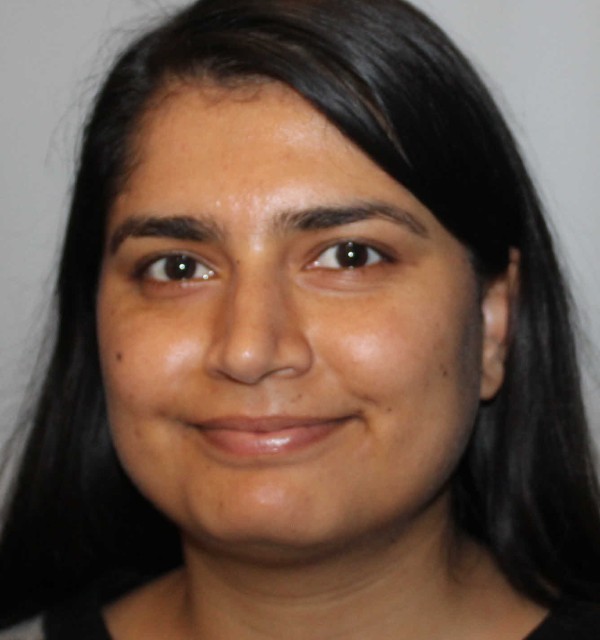Digital Society is an interdisciplinary and multi-methodological research group focused on the digital transformation and its social and political implications.

The research group sits at the intersection of media studies and journalism, political science, sociology, and change management, energy and environmental studies, and is linked to the larger Stavanger AI Lab (SAIL).
With members from political science, sociology and media studies, our research activities reflect current challenges that transformations in policy and administration, identity and learning, political and social processes, business models and social media hold for society.
The goal of the group is to provide a formal structure that a) brings people together for concrete writing projects, b) plans research applications for external funding, and c) develops long-term research strategies within IMS, across all levels of research-oriented staff.
Research output
The group’s members are engaged in a range of different projects on the effects of technological change and digitalization (see also the projects below), and some recent research outputs include for example:
- Kuai, J., Ferrer-Conill, R., & Karlsson, M. (2022). AI ≥ journalism: How the Chinese copyright law protects tech giants’ AI innovations and disrupts the journalistic institution. Digital Journalism, 10(10), 1893-1912.
- Sjøvaag, H., Ferrer-Conill, R., & Olsen, R. K. (2024). Capture Beyond the Platforms: The Material and Infrastructural Conditions for Digital Journalism. Digital Journalism, 1-20.
- Knotz, C.M., Andrey Ugarte Montero, Maude Lavanchy, and Joël Wagner. 2024. "Bankers are afraid of technology now: explaining perceived vulnerability to technological change among the higher-educated" Political Research Exchange 6(1):2389910.
- Busemeyer, Marius R., Mia Gandenberger, Carlo Knotz and Tobias Tober. 2023. "Preferred Policy Responses to Technological Change: Survey evidence from OECD countries" Socio-Economic Review 21(1):593-615.
Affiliated projects
- Digital news agendas in Scandinavia (research project led by Helle Sjøvaag).
- The datafication of communicative power: Towards an independent media policy for Norway’s digital infrastructures (research project led by Helle Sjøvaag).
- Media as the missing link: A comparative study of news influence on party support (research project led by Gunnar Thesen).
Associated education program
PhD students’ research projects
Ongoing
- Thomas Owren: Financing Sustainable Scandinavian journalism in the digital era: What is worth paying for in a culture for free?
- Hans Erik Haugvaldstad: Municipal organisations – the digital transformation gameplan
- Luise Salte: Mobile Influencers: An analysis of participation in mobile media in a Democratic Public Sphere Perspective
- Helga Hiim Stålhane: Digital transformations and driving for mobility: A comparative study of taxi drivers in Norway and the US.
- Veronika Budovska: Domestication of smart home technology: Dimensions, constraints, dynamics and outcomes.
Completed
- Erik De Vries: The EU: A supranational institution with national consequences. Evaluating the influence of EU-related media coverage on national party politics
- Jean Roisse Rodrigues Ferreira: Innovation and digitalisation in the public sector
Members of the research group
Technological change, from the steam engine over industrial robots to generative “Artificial Intelligence" has always had profound impacts on media, society, and politics. For media and social scientists, it is critical to understand the impacts technology is having — but also to understand how to best leverage new technologies like machine learning as tools for research and teaching.

















